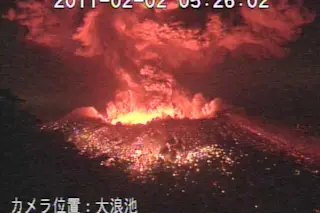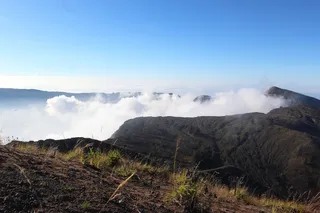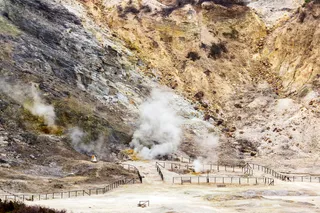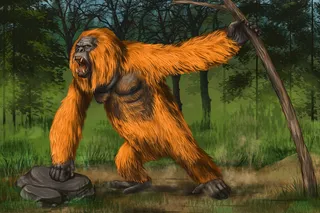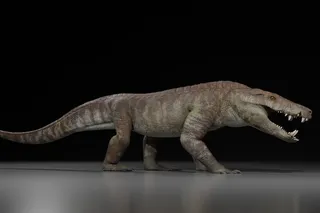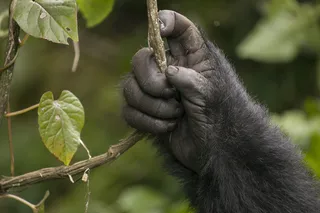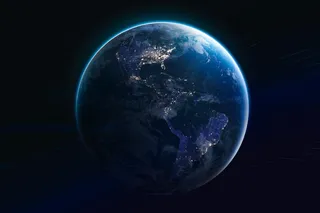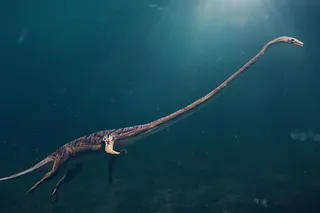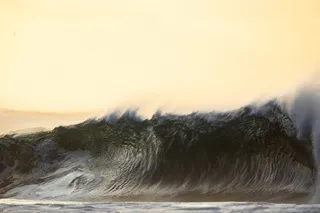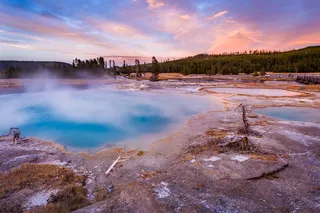If you are a frequent reader of the blog and/or follow my @eruptionsblog Twitter feed, you might have found that in a very Danish sort of way, I have of late, but wherefore I know not, lost all my mirth. I feel like I've been spending a lot of text raining on people's parades when it comes to mongering about volcanism or criticizing the way volcanoes are covered in the media. Now, those are two goals of this blog - to dispel the rumors and wrong ideas that abound in the interwebs (and beyond), but really, it isn't much fun. Sure, I am satisfied when I've really nailed why the Daily Mail just set back volcanic understanding a decade, but that really isn't why I got started here. Eruptions got started because, well, I love volcanoes. It is what I do for a living - think, research and teach about ...
The Top 10 Reasons I Love Volcanoes (And You Should, Too)
Discover why I love volcanoes, from their destructive potential to being the cradle of life. Explore the beauty of active volcanism!
More on Discover
Stay Curious
SubscribeTo The Magazine
Save up to 40% off the cover price when you subscribe to Discover magazine.
Subscribe

